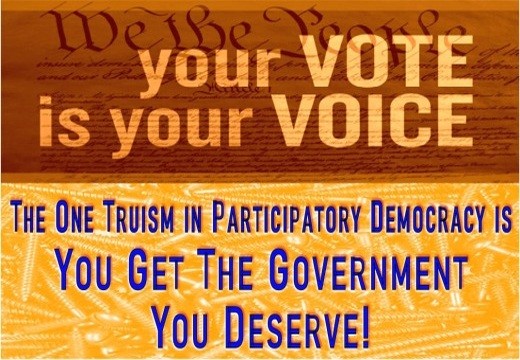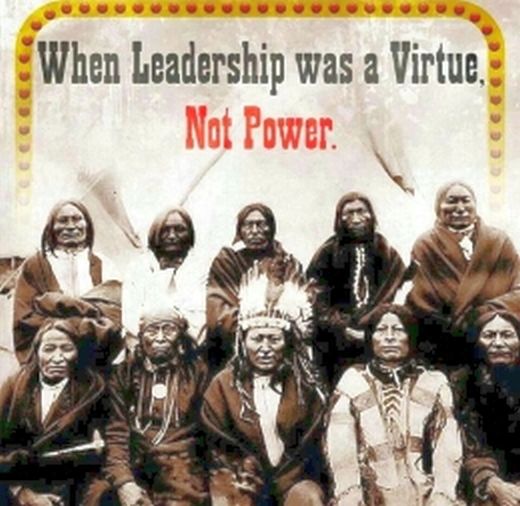
Not Always The Same
We cannot, of course, expect every leader to possess the wisdom of Lincoln or Mandela’s largeness of soul. But when we think about what questions might be most useful to ask, perhaps we should begin by discerning what our prospective leaders believe it worthwhile for us to hear.
Do they cater to our prejudices by suggesting that we treat people outside our ethnicity, race, creed or party as unworthy of dignity and respect?
Do they want us to nurture our anger toward those who we believe have done us wrong, rub raw our grievances and set our sights on revenge?
Do they encourage us to have contempt for our governing institutions and the electoral process?
Do they seek to destroy our faith in essential contributors to democracy, such as an independent press, and a professional judiciary?
Do they exploit the symbols of patriotism, the flag, the pledge in a conscious effort to turn us against one another?
If defeated at the polls, will they accept the verdict, or insist without evidence they have won?
Do they go beyond asking about our votes to brag about their ability to solve all problems put to rest all anxieties and satisfy every desire?
Do they solicit our cheers by speaking casually and with pumped up machismo about using violence to blow enemies away?
Do they echo the attitude of Musolini: “The crowd doesn’t have to know, all they have to do is believe and submit to being shaped.”?
Or do they invite us to join with them in building and maintaining a healthy center for our society, a place where rights and duties are apportioned fairly, the social contract is honored, and all have room to dream and grow.
The answers to these questions will not tell us whether a prospective leader is left or right-wing, conservative or liberal, or, in the American context, a Democrat or a Republican. However, they will us much that we need to know about those wanting to lead us, and much also about ourselves.
For those who cherish freedom, the answers will provide grounds for reassurance, or, a warning we dare not ignore. Madeleine K. Albright.
We Americans are not usually thought to be a submissive people, but of course we are. Why else would we allow our country to be destroyed? Why else would we be rewarding its destroyers? Why else would we all — by proxies we have given to greedy corporations and corrupt politicians — be participating in its destruction? Most of us are still too sane to piss in our own cistern, but we allow others to do so and we reward them for it. We reward them so well, in fact, that those who piss in our cistern are wealthier than the rest of us. How do we submit? By not being radical enough. Or by not being thorough enough, which is the same thing. Wendell Berry.
Sometimes, politicians will literally offshore corruption by moving the location of the deal, the entities, and the players involved, abroad. Other times, they offshore corruption metaphorically by shifting the cronyism out of their own hands and into those of their children or a close friend to leverage from afar and avoid detection. Peter Schweizer.





 “We do not inherit the Earth from our ancestors; we borrow it from our children” First Nations proverb.
“We do not inherit the Earth from our ancestors; we borrow it from our children” First Nations proverb.













